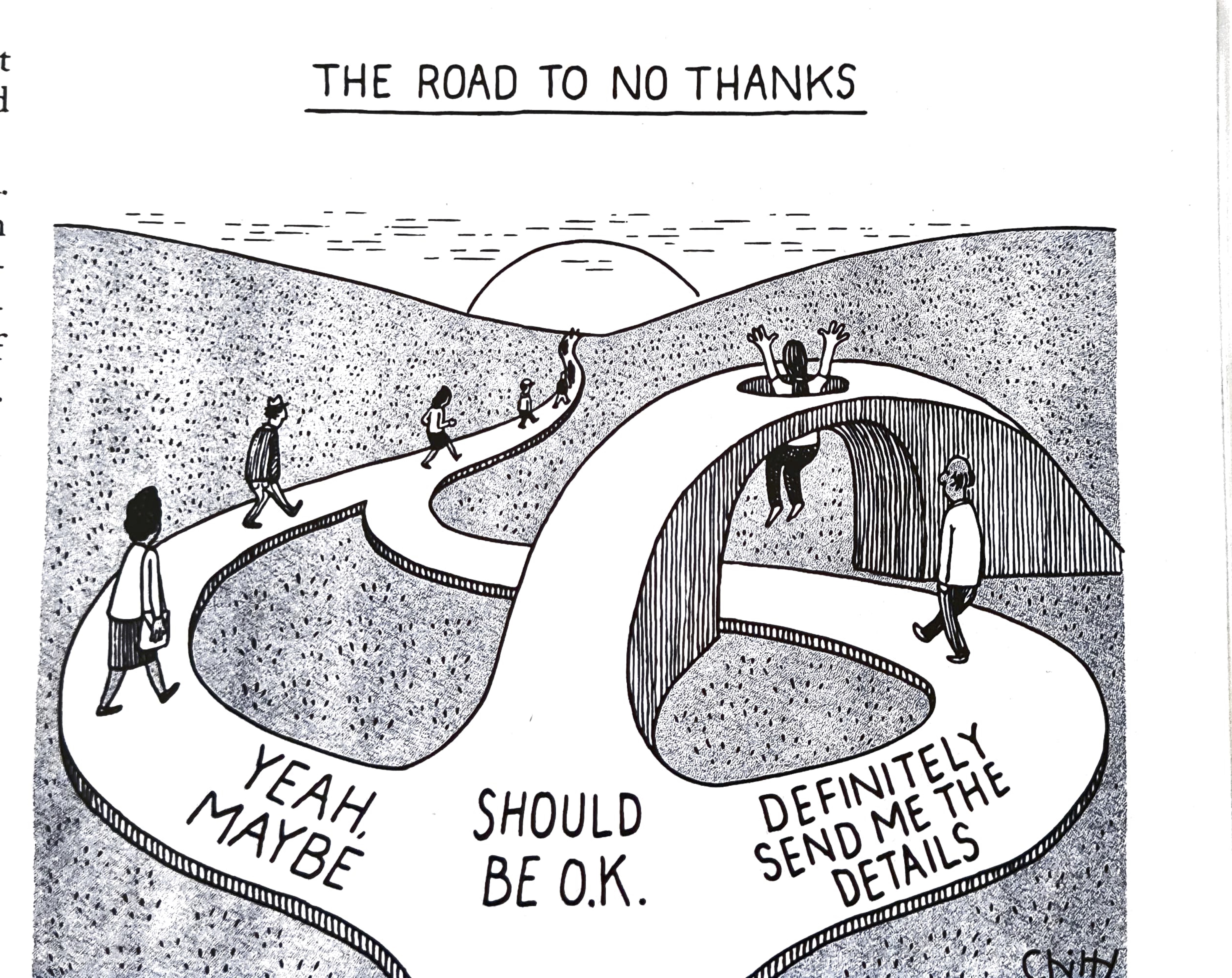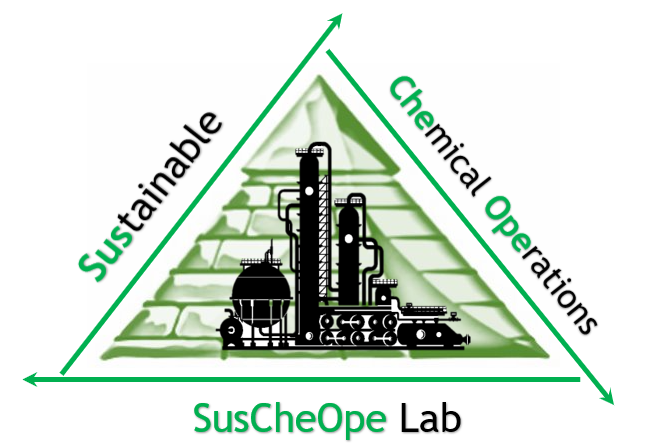The course is
aimed at providing students with a complete view of the principles, rules and
practices that govern international arbitration (both commercial and
investment), i.e. the main mechanism for resolving disputes arising, on the one
hand, from economic and commercial transactions between private parties
(companies or individuals) and, on the other, from the so-called foreign direct
investment (or FDI) between States (or entities attributable to them) and
private investors (natural or legal persons), located in a jurisdiction other
than that State.
The course will first highlight the main differences between domestic
and international arbitration, as well as between arbitration and other
frequently used Alternative Dispute Resolution mechanisms in relation to
commercial disputes (such as mediation, mini-trials, 'expert determination
...). It will therefore provide a historical perspective of the evolution of
the arbitration phenomenon, with a particular focus on its peculiar
characteristics within different legal traditions and geographical areas
(Europe, Latin America, China and Japan, India, Australia, Russia). It will
then deal with the main legal sources that govern the matter (international
conventions, arbitration laws, arbitration rules, soft law instruments, lex
mercatoria ...).
The course will then address, in a critical and comparative
perspective, all the main procedural issues related to this alternative dispute
resolution method (the arbitration agreement - definition, validity, the law
applicable to it, multi-party scenarios, pathological arbitration clauses); the
problem of arbitrability of disputes in some controversial sectors (such as
competition law, financial transactions, industrial property, bankruptcy law)
and in some peculiar circumstances (when fraud or corruption are alleged in the
course of an arbitration procedure); the relationship between arbitration and
EU law (the duty of arbitrators to apply ex officio rules of European public
policy; the possibility for them to address the Court of Justice with a
preliminary ruling's application; the relationship between the Brussels I bis
Regulation and arbitration); the arbitral tribunal and all related issues
(impartiality and independence of the arbitrators; their appointment and
challenge; their duties and responsibilities); the question of the arbitration
jurisdiction and its conflict with the state courts' jurisdiction (the
phenomenon of parallel procedures on the same subject-matter; anti-suit
injunctions ...); the conduct of the arbitration procedure (principles and
rules governing the procedure, the law applicable to the merits, the process of
taking of evidence, the provisional measures); the role of national courts
during the procedure; the arbitration award (form and content); national setting
aside procedures; recognition and enforcement of awards abroad under the New
York Convention.
The course will then focus on international investment arbitration,
i.e. the preferred method to resolve disputes between States (or entities
attributable to them), on the one hand, and private investors (natural persons
or companies) located in a different State, on the other hand, deriving from
international investment agreements. The phenomenon, known as Foreign Direct
Investment (or "FDI"), represents one of the most relevant legal and
economic developments of the last decades at an international level. FDI
concerns economic and industrial operations which are among the most strategic
for States (concerning sectors such as energy, telecommunications, financial
activities, procurements, distribution, waste disposal, etc.). Technically, FDI
can be defined as an economic operation carried out by an investor (a natural
or legal person) of a specific State (the so-called home State) through the
implementation of an investment (ie an undertaking) in the territory of another
state (the so-called host State), over which the investor exercises a
significant degree of control. In principle, the resolution of disputes arising
from an international investment can take different forms (state judicial
proceedings, mediation, arbitration and diplomatic protection), but
arbitration, especially on the basis of ICSID rules, is by far the most used
method.
The course, after a brief historical introduction on investment law,
will address issues such as the characteristics of the different means of
dispute resolution in this field, the notion of "investment", the
notion of "investor", the peculiarities of the arbitration procedure
between States and private investors compared to "ordinary"
commercial arbitration procedures, as well as the new European investment
policy.







